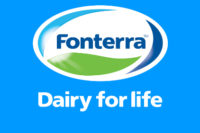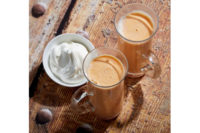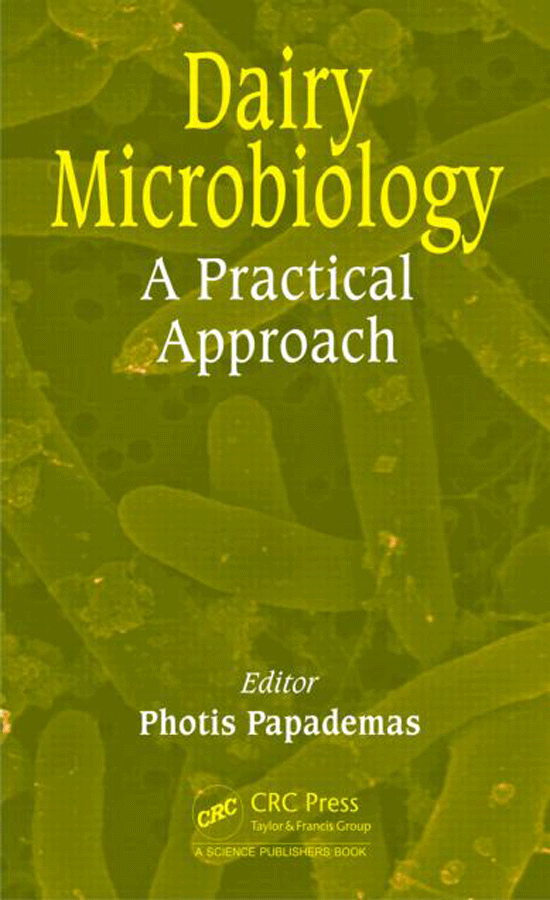This and that
Cheese snippets (a contest; a website; healthy teeth) and Asian dairy demand
The Wisconsin Center for Dairy Research has improved its website; deadline for the Global Cheese Awards is Aug. 14.

Wisconsin Center for Dairy Research has improved its website
The Wisconsin Center for Dairy Research has improved its website (www.cdr.wisc.edu) by including a more user- friendly interface, improving the navigation and a putting a greater emphasis on industry interactions. The home page features links to a streamlined short course page, an improved news and events section and a link to the new password protected portion of the CDR site, The Insider, developed for Wisconsin manufacturers.
Other improvements include success stories for the various program areas and unique visual elements such as slide shows and a Master Cheesemaker map. The bottom navigation has also been improved and now contains links to frequently visited portions of the site as well as information for media or visitors. The new Dairy Innovation Resources section of the site offers important contacts and information related to dairy innovation. Information on the i6 Challenge is also available through the Dairy Innovation Resource link.
Say 'cheese' and show off your healthy teeth
Consuming cheese and other dairy products may help protect teeth against cavities, according to research published in a dental journal.
A study published in the May/June 2013 issue of General Dentistry (the peer-reviewed clinical journal of the Academy of General Dentistry) reports that the authors looked at the dental plaque pH before and after the research subjects consumed cheese, milk or sugar-free yogurt. A pH level lower than 5.5 puts a person at risk for tooth erosion, which is a process that wears away the enamel (or protective outside layer) of teeth.
"The higher the pH level is above 5.5, the lower the chance of developing cavities," explains Vipul Yadav, MDS, lead author of the study.
The study sampled 68 subjects ranging in age from 12 to 15. One group ate Cheddar cheese, a second drank milk and a third ate sugar-free yogurt. Each group consumed their product for three minutes and then swished with water. Researchers measured the pH level of each subject's mouth at 10, 20, and 30 minutes after consumption.
The groups who consumed milk and sugar-free yogurt experienced no changes in the pH levels in their mouths. Subjects who ate cheese, however, showed a rapid increase in pH levels at each time interval, suggesting that cheese has anti-cavity properties.
The study indicated that the rising pH levels from eating cheese may have occurred due to increased saliva production (the mouth's natural way to maintain a baseline acidity level), which could be caused by the action of chewing. Additionally, various compounds found in cheese may adhere to tooth enamel and help further protect teeth from acid.
Asian consumers believe in dairy, but they don't consume it
Consumer research shows that 72% of people in Asia see dairy as an important part of a balanced diet. However, less than half of the 9,000 people surveyed in nine countries are eating dairy on a daily basis. The New Zealand dairy cooperative Fonterra, which reported the news in a press release, commented that the results demonstrate growing awareness of the importance of dairy nutrition across the region and the opportunity this presents to the New Zealand dairy industry.
Fonterra Group Director Strategy Maury Leyland said “In New Zealand the average person consumes the equivalent of 245 liters of milk each year, but in Asia this average is only 30 liters,” she said.
Dairy demand across Asia has grown rapidly over the last 10 years, with demand for high quality dairy nutrition increasing by 49%. This trend is set to continue with global demand expected to increase significantly in the coming years.
Of those surveyed in the research released today, Chinese and Thai consumers were the most aware of the benefits of dairy nutrition, with 84% saying they believed it was an important or very important part of a balanced diet. Recognition was the lowest in Indonesia, Taiwan and Vietnam at just over 60% in each country. Chinese consumers are eating the most dairy with over 60% of people eating at least one serving a day, followed by the Philippines where 53% of people enjoy dairy on a daily basis.
Entries accepted for Global Cheese Awards 2013; deadline Aug. 14
Cheese suppliers, retailers and manufacturers can enter the Global Cheese Awards online (www.globalcheeseawards.com, click the Enter Online link). The entry deadline is Aug. 14. The contest is open to small artisan producers and major manufacturers alike.
Now known as the Global Cheese Awards, the Frome Cheese Show was first held in 1861, making it one of Europe’s oldest cheese shows. In 2012 alone, 429 awards were won across 171 cheese classes, with 20,000 people experiencing what is, annually, one of the largest single collections of international cheese in one place. Follow the show on Twitter (@gcheeseawards ) and Facebook (www.facebook.com/globalcheeseawards).
Looking for a reprint of this article?
From high-res PDFs to custom plaques, order your copy today!








